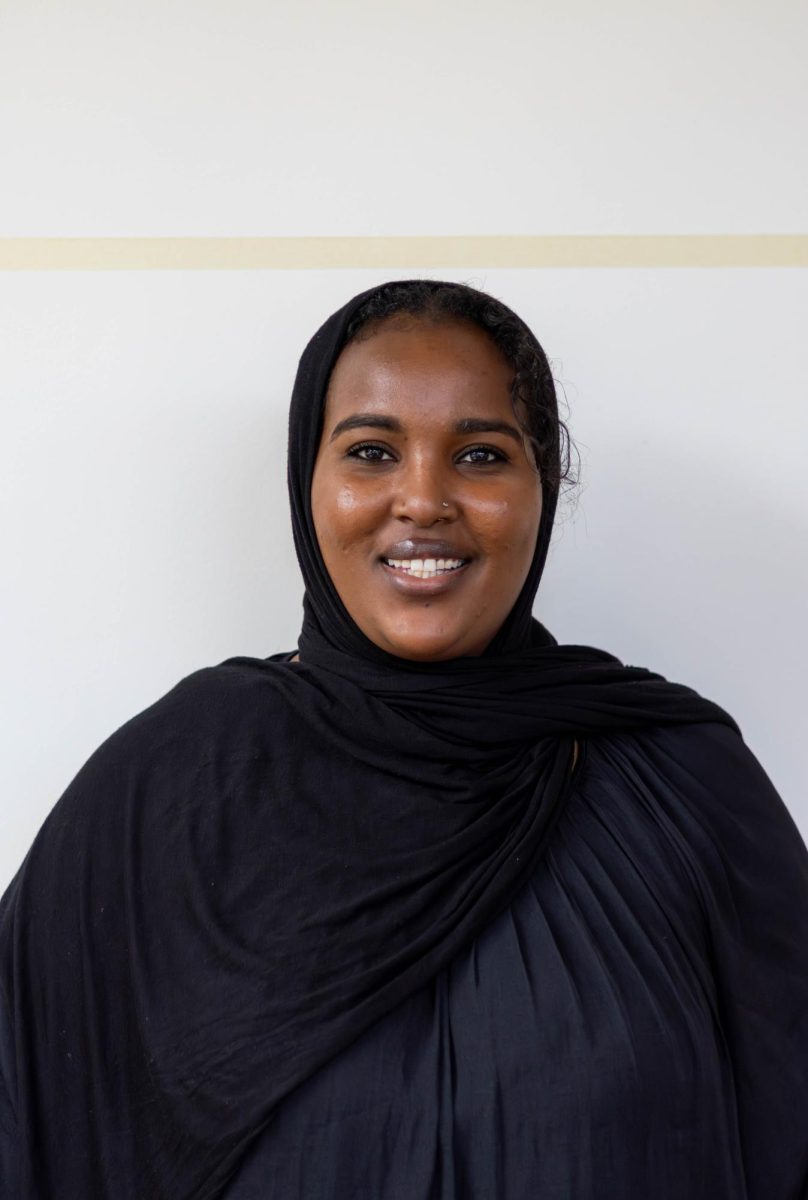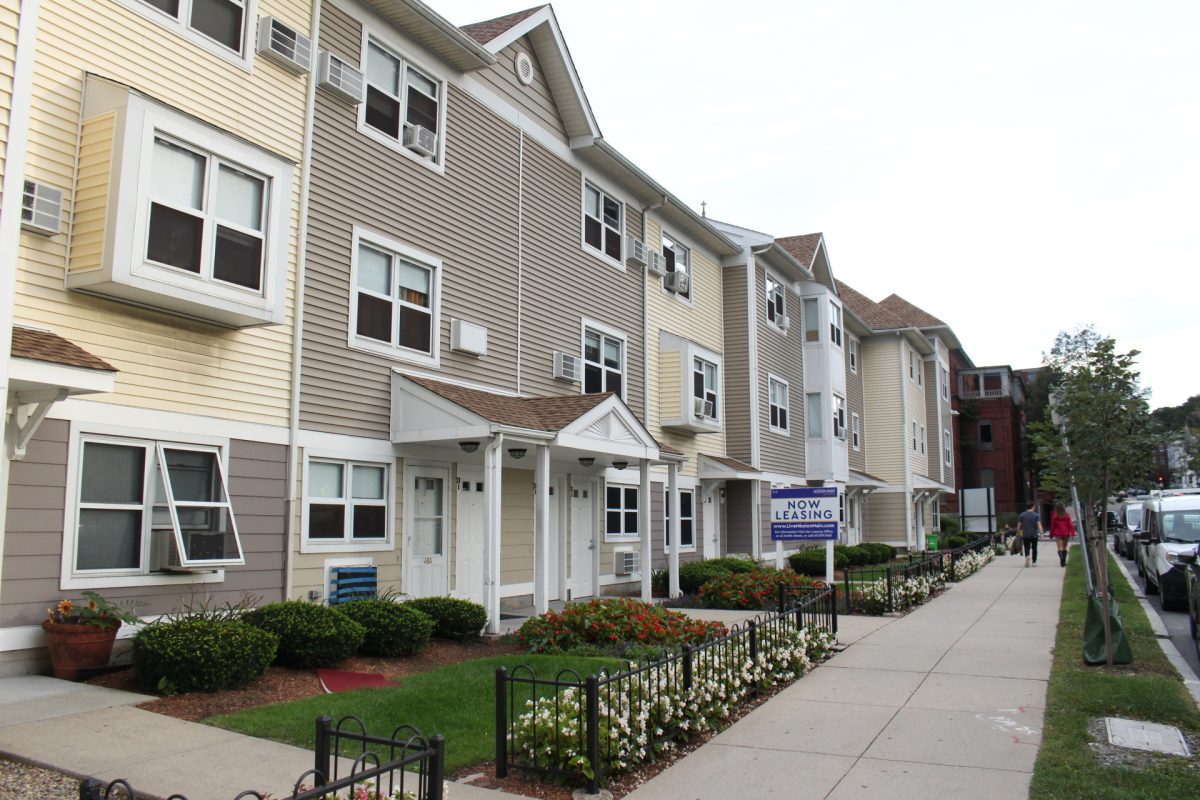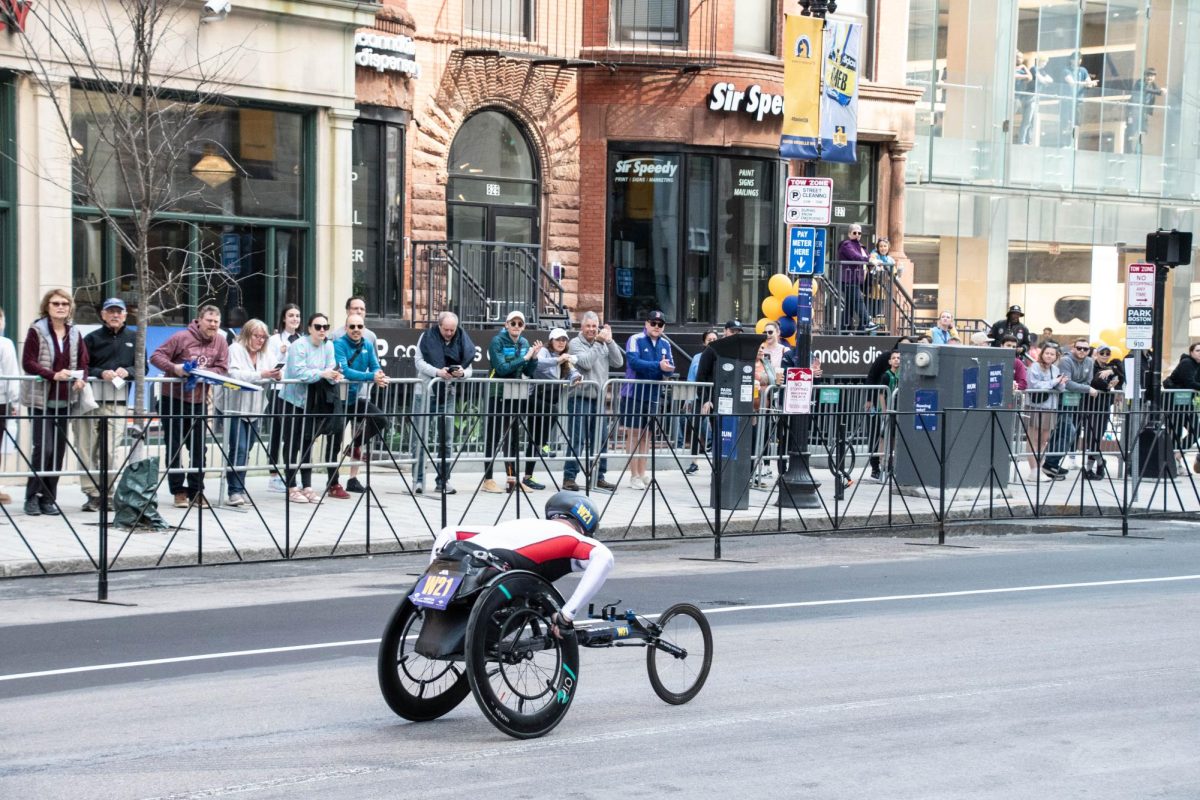By Raffaela Kenny-Cincotta, News Staff
Last November, the Massachusetts Medical Marijuana Initiative passed by a 63 percent majority, but some communities in the state – like Melrose, Reading and Wakefield – have voted to ban medical marijuana dispensaries from opening within city limits.
Dispensaries, or “medical marijuana treatment centers” as defined in Question 3, are designated to legally cultivate and sell marijuana to prescribed individuals and are not expected to open until 2014. Massachusetts is the 18th state in the country to approve a medical marijuana measure.
“Now that [Question 3] passed, people are actually looking at the law; they’re looking at how vague it is,” Kevin Sabet, a former senior advisor to the White House Office of National Drug Control Policy, said. “They’re looking at how anyone with pretty much any illness can get marijuana for any reason, and these towns are realizing that there are so many complex legal questions and other questions involved that they just don’t want to get involved in this while it’s still unresolved on the federal level.”
Sabet described the entire concept of medical marijuana as trying to “fit a square peg in a round hole.”
“When it’s something that is illegal, when it’s something that is on the black market, it’s very difficult to make that legitimate in a particular state,” he said.
Whitney Taylor, field director for the American Civil Liberties Union (ACLU) of Massachusetts and a chief proponent of Question 3, noted that the prohibition of dispensaries in Melrose, Reading and Wakefield can be traced to the spread of misinformation by medical marijuana opponents. Further regulations pertaining to Question 3 have yet to be written, she said.
“A lot of this stuff is going to be tightened up way more in the regulatory process and that’s where it should be [done],” Taylor said. “We do not want these neon signs, these big pot leafs. These are going to be medical facilities.”
Question 3, officially titled “An Initiative Petition for a Law for the Humanitarian Medical Use of Marijuana,” claims to ensure that qualifying patients and healthcare professionals have the right to possess marijuana.
The law specifically names several “debilitating medical conditions” that are acceptable for cannabis therapy, including cancer, glaucoma, HIV, AIDS, Parkinson’s disease and several other specific examples.
Following this list of definitive ailments, there is also a clause allowing the legal prescription of marijuana to patients possessing “other conditions as determined in writing by a qualifying patient’s physician.”
Sabet cited the vague nature of this text as one of the ways medical marijuana unlawfully falls into the hands of recreational users.
“Less than 5 percent of people who get [medical marijuana] have cancer, glaucoma or HIV,” he said. “So that is not really not what this is about.”
Sabet continued with a laugh, “The average user is a 32-year-old white male with non-specific pain and the average user is also a regular marijuana user anyway. So it’s not really about those people with wheelchairs and glaucoma.”
Taylor countered Sabet by describing the careful thought put into Question 3 and the lessons learned from states with lax medical marijuana systems, like California.
The authors “very specifically saw a lot of the problems, a lot of the issues in other states and said ‘we don’t want this to happen in Massachusetts.’” Taylor said.
She offered her assurance that medical marijuana dispensaries will operate for medical purposes only.
When asked for a timeline of when Boston dispensaries will begin to open, Taylor answered, 2014 at the earliest. “we’re not rushing into this; we’re doing this right.”













